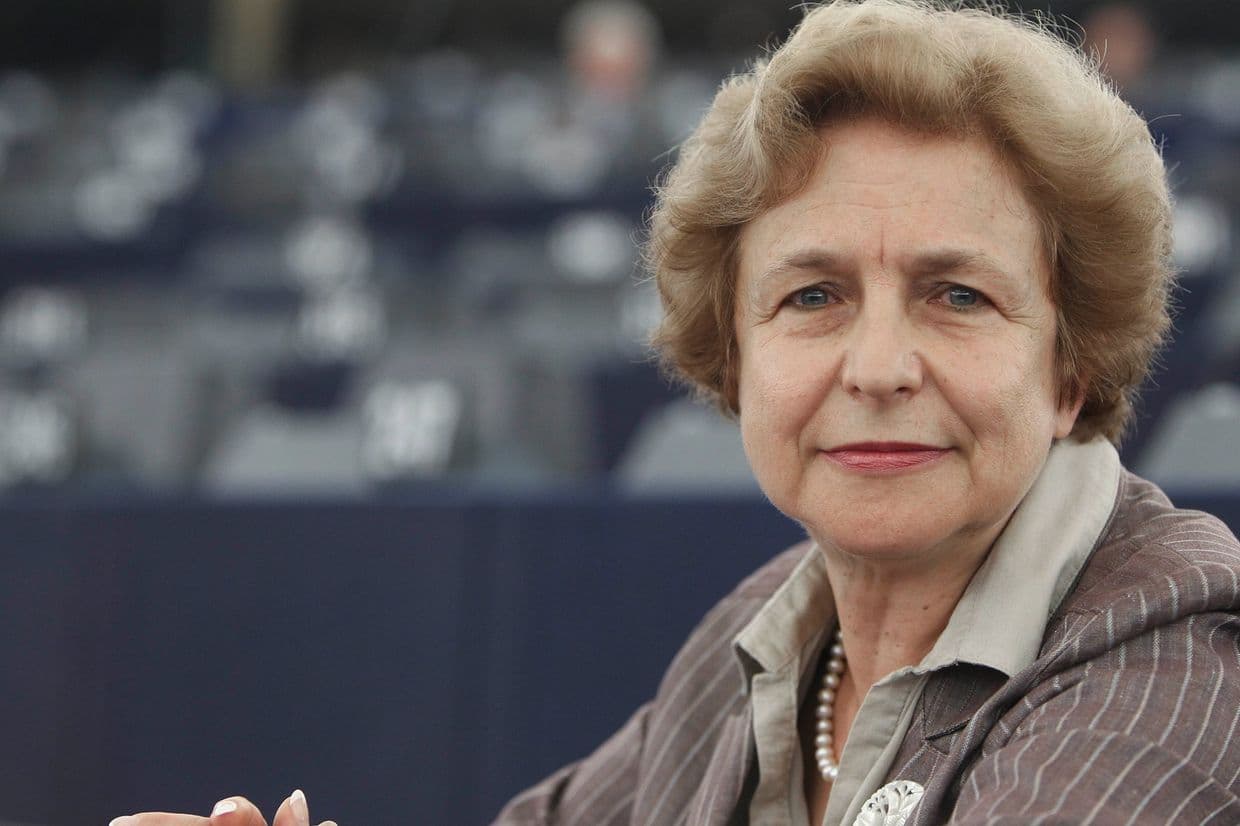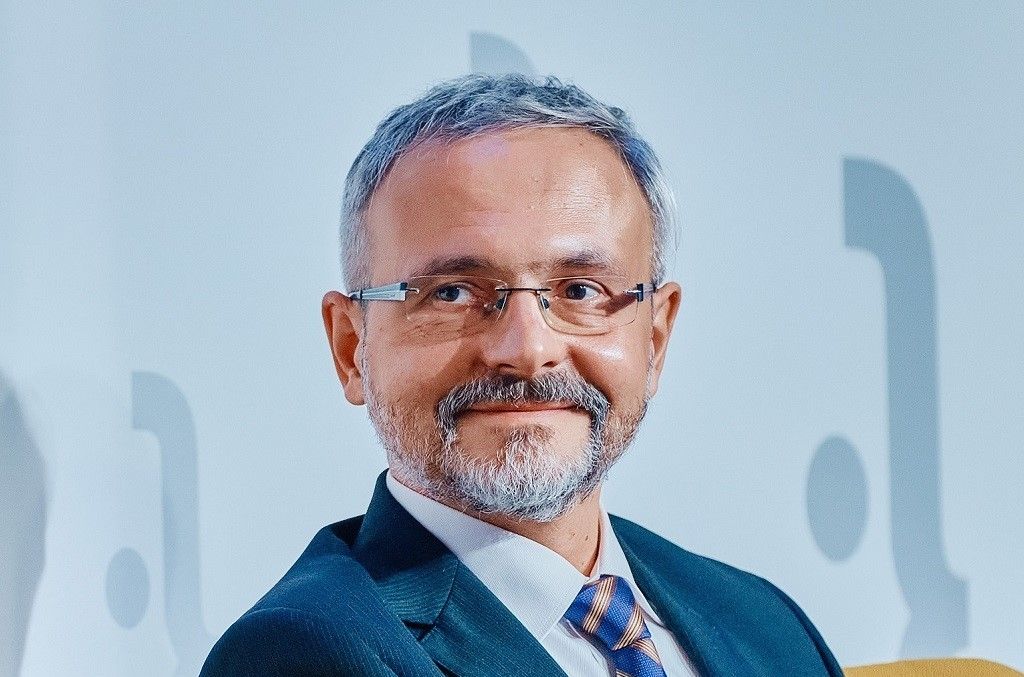Latvian member of European Parliament accused of spying officially under investigation

Tatjana Zdanoka, a long-serving member of the European Parliament from Latvia, is under investigation within the parliament, a spokesperson said on Jan. 30.
A bombshell investigative report released by the independent Russian media outlet The Insider on Jan. 29 alleged that Zdanoka has been a Russian intelligence asset since at least 2005. She represented Latvia in the European Parliament from 2004-2018 and again from 2019 until the present.
European Parliament President Roberta Metsola "takes these allegations very seriously and is referring the case to the Advisory Committee on the Code of Conduct," the spokesperson said.
Zdanoka denied The Insider's charges in a video shared on her Facebook page.
"I have never been associated with the KGB, unlike many well-known Latvian figures, and I have not cooperated with any other intelligence agencies," she said.
Several other members of the European Parliament reacted to the news and called for an investigation into the claims.
Adrian Vazquez Lazara, a Spanish parliamentarian and head of the legal affairs committee, asked for further debate on the matter and the policies that may have contributed to Zdanoka's alleged ability to infiltrate the body.
"It would be intolerable if there were deputies paid by the Kremlin working to destroy European democracy from within," he said on Twitter.
"Any links with Russia and its satellites must be uncovered and pursued," he added, concluding his post with the hashtag "RussiaGate."
Citing leaked emails and comments from intelligence sources in the Baltics and other Western countries, The Insider alleged that Zdanoka regularly met with known members of Russia's Federal Security Service (FSB), characterized as her "case officers."
It is unclear what exactly Zdanoka's clandestine activities to support Russia may have been, but sources told The Insider that her being a Russian spy would not be surprising given her public positions supporting Russia.
Among other public activities, Zdanoka participated as an international observer in a sham referendum on Crimea's annexation by Russia in 2014, widely viewed as illegitimate. She also was one of a small group of lawmakers who voted against the European Parliament's condemnation of Russia's full-scale invasion of Ukraine in March 2022.
There have been a number of cases of suspected Russian spying and potential intelligence infiltration in the Baltics, including a high-profile case earlier in January, in which a Russian-born professor at Estonia's University of Tartu was arrested on espionage charges.














